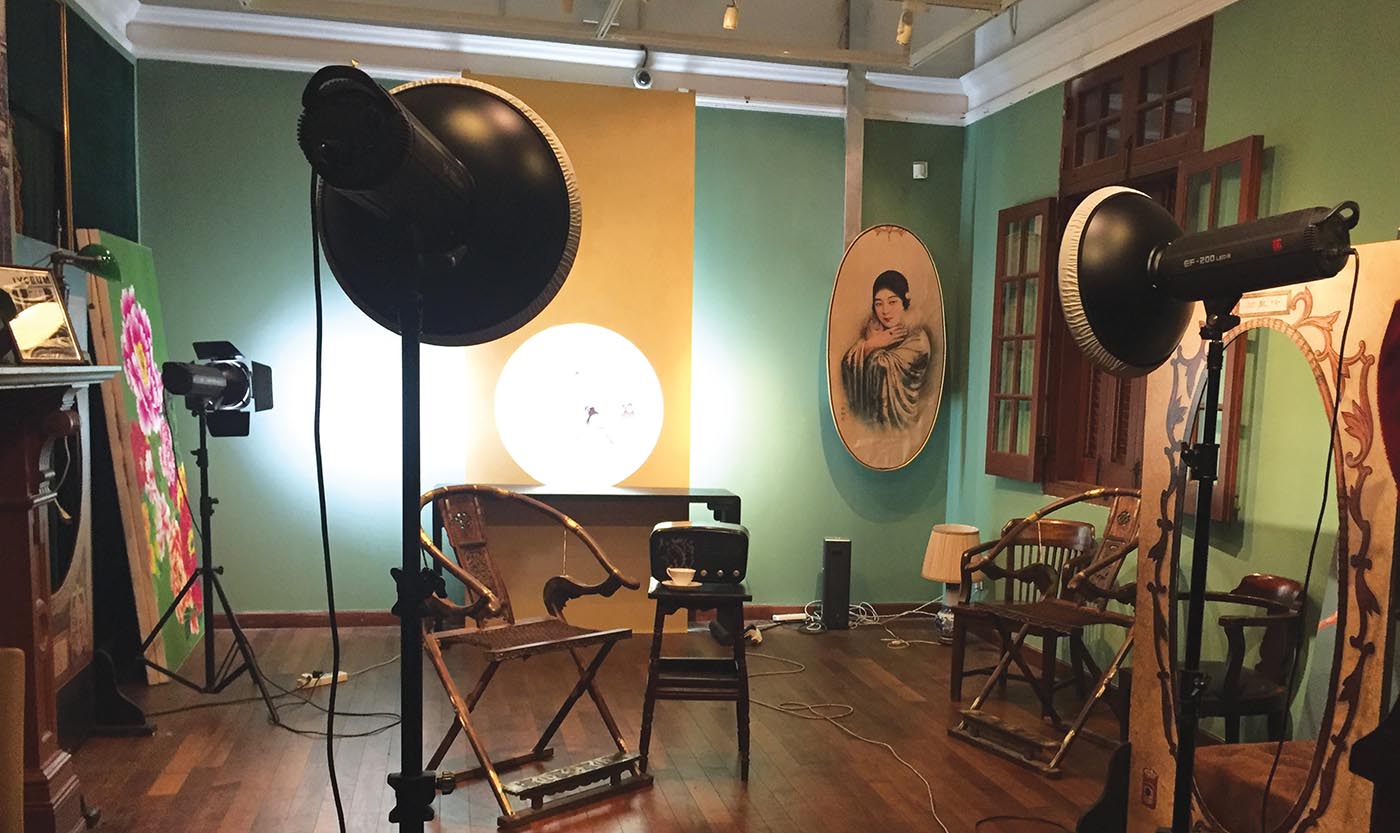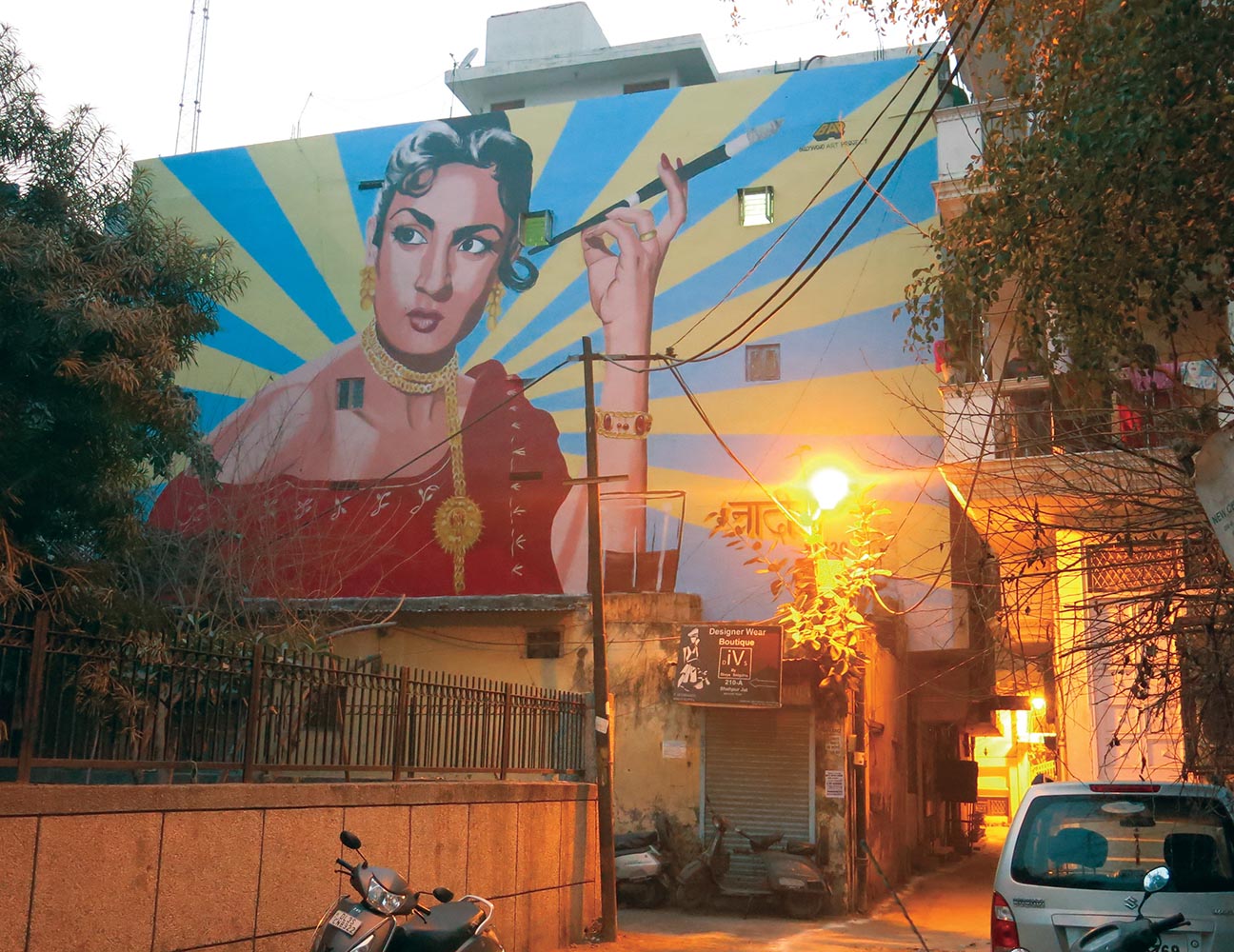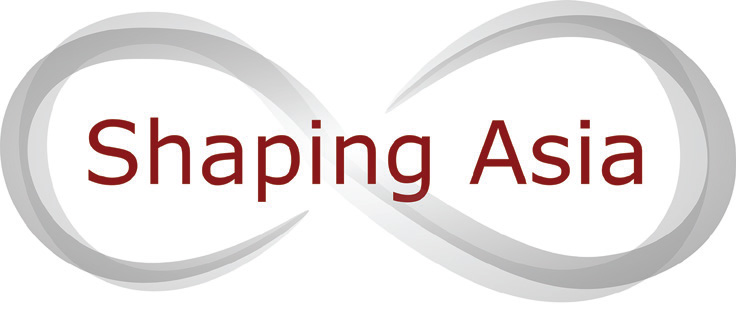Shaping Asia: Connectivities, Comparisons, Collaborations
Set up in 2018, the network initiative ‘Shaping Asia: Connectivities, Comparisons, Collaborations’ seeks to push humanities and social science research on Asian societies and cultures more radically beyond a methodological nationalism and localism.
The initiative takes on broad new themes, concepts, and methods in order to better understand interconnections within and beyond Asian societies and cultures, today and in the past. Asian Studies requires profound knowledge of languages, historical sources, and cultures, which, unfortunately, has often inhibited trans-regional scholarship. Through building new transnational collaborations and encouraging interdisciplinary relations, this network would like to radically broaden the scope of knowledge production. ‘Shaping Asia’ takes up the challenge of jointly grasping complex connectivities that shape (or have shaped) dynamics across Asia in diachronic and synchronic perspectives. This way, it aims at coming to terms with Asia’s positioning and circulations in a globalised world. The network encourages scholarship on various Asian historical trajectories, regions, and locales, based on the command of Asian languages and intimate ethnographic knowledge of cultural, political, and religious particularities. This rigorous research is additionally mostly obtained through prolonged field studies, which further sustains and deepens the field. This combination of approaches and aptitudes contributes to theorising ‘from the Global South’, in which connectivities and comparisons are taken seriously in scholarly cooperation.
Funded by the German Research Foundation (DFG) and – to a lesser extent – by the German Academic Exchange Service (DAAD), the network is comprised of scholars from 16 German universities. Currently, the main locations of activity are the Universities Bielefeld, Heidelberg, Humboldt (Berlin), and the Max Planck Institute for Social Anthropology (Halle). Our international partners are at the National University of Singapore, the University of Tokyo, Jawaharlal Nehru University, IIIT Bangalore, the School of Planning and Architecture in Delhi, and Kathmandu University. We hope to further expand the network and would like to invite colleagues interested in this initiative to get in touch. We are particularly grateful to IIAS and The Newsletter – an organ with a long tradition of publicising trans-regional research – to afford us this space to provide an overview of a few key ideas that ground our research collaboration. After a short theoretical introduction, we would like to highlight our work through a short description of two exemplary projects: ‘Knowledge production and circulation’ and ‘Making of new infrastructures’.
Connectivities, comparisons, and collaborations
Scholars of critical area studies, 1 transcultural studies, 2 and postcolonial enquiries 3 have helped overcome the confines of established academic cultures and colonial traditions of studying Asia within nation-states and along culturalist boundaries. We follow this path to study multiple entanglements and positionalities across larger spaces, and currently work on topics of urban transformation and placemaking, gender and religion, knowledge production and circulation, and the distribution of new infrastructures. 4 Our projects trace continuities and connectivities between countries and traditions, as well as focus on ruptures and inequalities. 5 They seek to better understand connections and power asymmetries between regions, intellectual trajectories, and political cultures. The term ‘connectivities’ – as opposed to ‘connections’ – draws attention not just to the connection between two entities, but also their potential entanglement and the transformation that results from the contact. The concept of relationality increasingly impacts research in the humanities and social sciences. However, this must also include attention to disconnectivities or erasure.
The focus on interconnectedness confronts us with important methodological challenges. 6 Why, how, and what should we compare? The questions remain unsettled and are at the centre of methodological discussions of this network, which organises dialogues between scholars educated and working in different countries in Europe and Asia, as well as between people trained in different disciplines and familiar with different countries. Our collaborations force us to reflect on our assumptions and on the limits of particular theoretical or empirical claims. 7 Building comparison into our research helps establish but also critically rethink what we consider as being different and similar, and helps conceptualise and demarcate specific or unique constellations.

Fig. 1: “Historical” photo studio specialised on 1920s and 1930s Shanghai, Sinan Mansions, French Concession, Shanghai (Photo by Christiane Brosius, 2017).
We are committed to fostering more and broader collaborations. For this reason, the network ‘Shaping Asia’ includes collaborations as one of its three main methodological pillars. On the one hand, we acknowledge that researchers profit greatly from sharing and collaborating, also by using forums such as the International Institute of Asian Studies (IIAS) in Leiden, the Centre for Asian and Transcultural Studies (CATS, Heidelberg), the European Alliance of Asia Scholars (EAAS), the Global Asia Initiative (Duke University), and the Asia Research Institute (NUS, Singapore). On the other hand, we posit that the modalities of collaboration need to be an object of academic inquiry and scrutiny as well. After all, knowledge production and circulation has been shaped and is shaped by striking power differentials, by academic extractivism, 8 and by blatant silencing. The modalities through which knowledge is and can be co-produced require self-reflexivity and different forms of dialogue. To elaborate, we will delineate a selection of topics of inquiry that our network partners attend to.
Knowledge production and circulation
Collaboration embedded in this comprehension of knowledge production has started in a number of projects currently funded in the ‘Shaping Asia’ network initiative. One thematic current that embraces a couple of projects is ‘knowledge production and circulation.’ In this current, scholars draw from large areas of research (e.g., postcolonial critique) while proposing novel avenues based on their strengths and addressing their shortcomings. Asia is conceived of as a region in which (post)colonial domination and the manifold ways in which it has been studied are linked to the very nature of knowledge production and circulation.
The quest for a fundamental reappraisal and reorganisation of knowledge production is a demand that the network strives to service. With a better understanding of the assumptions behind the (re-)production of knowledge about the world, and with the suggestion of alternative ways of producing and circulating it, chances to shape the world in more constructive and inclusive ways increase. Here, these alternative ways of shaping the world are taken to be relational, situated, and empowering. Collaboration evolves by way of different actors in Asia reflecting on how the views of the world are structured in the overall organization of knowledge generation, learning, and knowledge dissemination. 9
The ‘knowledge’ current aims to trace scholars’ attempts to uncover, support, and develop forms of knowledge considered to be relevant. Along this vein, it is imperative not to ignore the tacit ways of knowing and knowledge transmission that are carried out in everyday human actions. The projects in said current give primacy to conscious, reflexive dealings with knowledge in the quest to uncover how Asian actors seek to actively influence their sociality and culture. Following this principle, one of the projects addresses Muslim women in Asia who use their acquired religious knowledge in various professional activities – or for professionalization in a certain field, as it were. At the juncture of work and beliefs, businesses catering to the needs for halal products, for instance, are growing. One´s faith and religious knowledge informs one’s professional ethics. Muslim women often apply the principles of shared religious knowledge and societal norms in their practical professional life. The project aims at mapping the intersecting field of religious knowledge and Muslim women’s professionalism in Asia, providing, among other benefits, a platform to discuss how Muslim women express their connection with religion while engaging in various occupations. It maps the multiple creative fields in which religious knowledge is at the basis of Muslim women’s pathways to professional fields in the global economy, in the realm of social activism, education, welfare, and the like. It researches how faith, identity, piety, and notions of belonging are articulated by women in their professional lives.
Making of new infrastructures
Investment in new infrastructures contributes significantly to the current rapid transformation of Asia. The ‘Shaping Asia’ network also supports projects interested in the recursive processes by which new investments shape the social texture of Asian societies and vice versa. We propose comparison as an ideal tool to map contrasts and similarities across different countries and understand the role of inter-Asian relations. We study parallels and differences in local experiences of new techno-developments as they occur on the ground and the role of political culture and power dynamics for framing their implementation. The three focus areas consider (1) the way new digital systems for the management of populations are situationally adapted to different localities in Asia, (2) the streamlining effects of global engineering solutions for costal protection in South and Southeast Asia, and (3) the character of international collaboration in trans-border infrastructure projects.

Fig. 2: Wall painting during Delhi Street Art Festival in the urban village of Shahpur Jat, South Delhi (Photo by Christiane Brosius, 2014).
Acknowledging the negotiated character of building infrastructures, we focus on three types of adjustments that permit new developments to settle into a place and shape actors’ engagement with the evolving consequences. Situational adaptation helps universal forms to be fitted to local contexts; orchestration is an ongoing process of mainstreaming that tries to bring in line diversity with the needs of standard solutions; and cooperation helps to implement complex projects that require coordination between multiple stakeholders. Each project will lead the theorizing of one of these social dynamics.
The first focus area considers local negotiations of digital solutions. In an effort to improve the management of resources and populations, Asian countries are pioneering new digital solutions for streamlined delivery of services and stringent surveillance of behaviour. Their roll-outs in different social, physical, and cultural terrains leads to many practical difficulties. These are solved through adaptations. This project studies the kind of adaptations adopted in India, Pakistan, and China that permit new technologies to become an integral part of everyday relations. The second focus area studies the variable implementation of standardised measures for coastal protection measures in South and Southeast Asia. In order to enhance climate resilience, many countries embrace international collaborations and build dams and sea walls using imported technologies in order to contain mobile substances, such as water. The group will consider the orchestration achieved by the deployment of standard solutions as well as explore limits and resistance to such homogenization. The third focus area researches international cooperation and co-finance in (cross-border) infrastructures. Pushed predominantly by China, there are new efforts to use investment in infrastructure as a means to increase inter-Asian connectivity. Other countries, like Korea and Japan follow suit. This project investigates co- or foreign-funded infrastructure projects in the border regions between South, East, and Southeast Asia. It considers the evolving compromises and frictions that accompany investments in energy or logistical systems that affect several states.
As wide-ranging as our projects are, the initiative ‘Shaping Asia’ provides a methodological framework that is vital for understanding the inter-Asian connections, ruptures, and similarities in transregional dynamics.
Christiane Brosius (Centre for Asian and Transcultural Studies, Heidelberg) and Joanna Pfaff-Czarnecka (Social Anthropology, Bielefeld) are co-founders of Shaping Asia. Claudia Derichs (Department of Asian and Africa Studies, Humboldt University, Berlin) and Ursula Rao (MPI for Social Anthropology, Halle) curate research fields/projects in the network. For more information, see www.shapingasia.net and https://esymposium.isaportal.org/resources/resource/shaping-asia/
